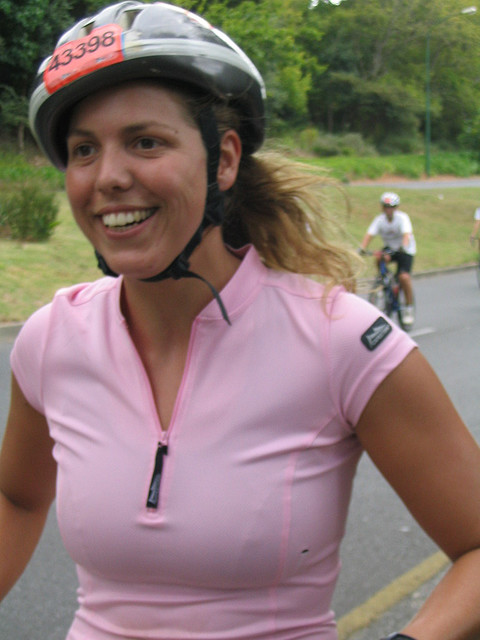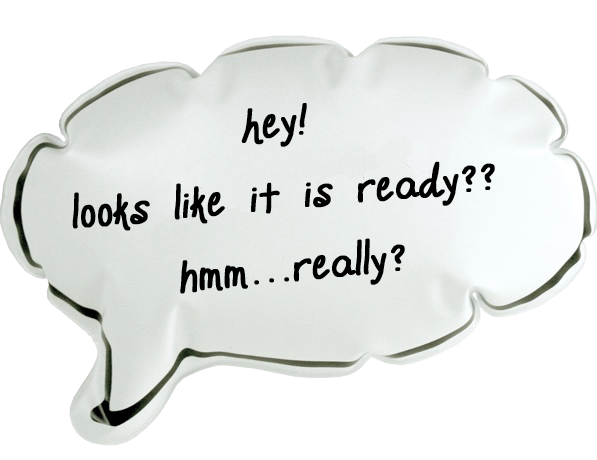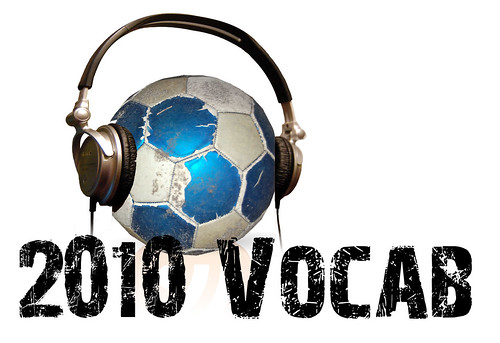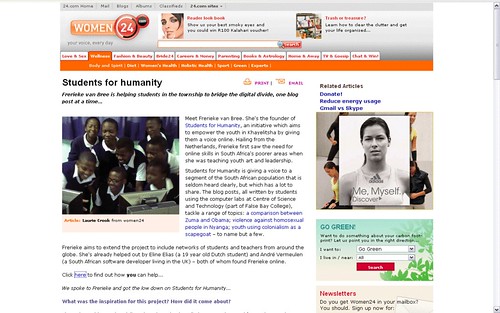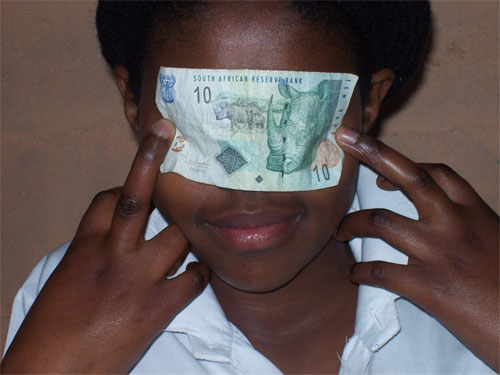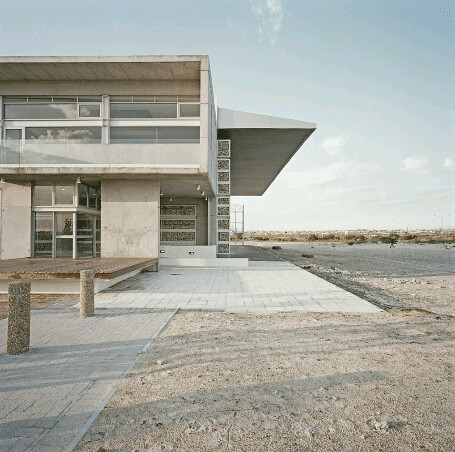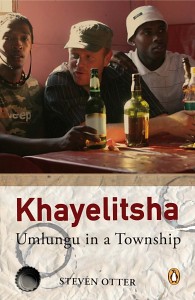
By Frerieke van Bree
I am redefining myself, back in The Netherlands after nearly 4 years living in South Africa…
Looking back at a time of self-reflection, growth, cultural understanding, online media, finding passions and taking actions
—-
I grew up in Rotterdam, a multi-cultural society in the 90ies.
Growing up with Diversity?
At our high school, we were really good at placing people in ‘boxes’. We categorized each other. Our categories ranged from ‘gabber‘ (right wing, some racists, Rotterdam terror corps), to bubbling-people (style of dance – the cool-and-the gang) to ‘hippies’ (left wing, alternative) to nerds. I floated around, being able to connect to any of the above mentioned categories. (..at least, that is how I saw myself). Race or color was secondary to our ‘home-made’ categories.
I remember my father always spoke about ‘those foreigners’ (anybody who was not ‘white’ and ‘Dutch’) which used to make me very angry. “How should I call them?” He asked me. And I think my answer was: we are all the same. That was what I believed.
Technical University Delft was “white” and mostly full of ‘men’ with a Beta focus, statistics said: 80% male students. Did we fight for our female rights? We adjusted to living in a male environment. Delft female students are rough; big mouth and able to speak with the same ease as men about topics mostly considered ‘taboo’ for feminine mouths. What was it that I was missing and was part of me?
I found this out in Africa..
Where ‘white’ is not just white. In South Africa we have whites from British and Afrikaans decent. Be careful not to insult the one being part of the other. I could not integrate well with either one of the ‘whites’ in the beginning. Materialistic ‘having’ and perfect physical ‘being’ seemed to be taken to extremes in White South Africa. There I was, trying to run away from Western consumerism… I felt caught in a trap. South Africans ‘boxed’ me in. I was white.
Until I met an Afro-American lady. Two people from two continents met on the third. History defined us. My ‘whiteness’ brought me back to colonialism. Her ‘blackness’ made her find her ‘roots’ at the African continent. Black South Africans praised and adored her…the loud and well spoken American would speak out and was like a role model to the often silenced Africans – as scars from the oppression during ‘Apartheid’, their mouths seemed to be cemented. White South African’s found her intriguing. She looked them in the eye, dared to face them. I had a sudden shock of awareness. We were not all the same. Her blackness was so different than the average black South African. I was not like you and we would not all just be the same. I found myself in being different.
I started teaching ‘black’ and underprivileged students. I often wandered around in an all-black environment. That is where I got introduced to the spirit of “Ubuntu” > A person is a person through other people. I learned through exercises that ‘black’ is also not just black in South Africa. To my surprise, the realization that we had more than one South African culture represented in our black classroom, was also an eye-opener for many of my students. In some class rooms we even had 4 cultures represented: Xhosa, Sotho, Zulu and Tswana.
Going ‘home’ to The Netherlands on holiday I would ask myself: is this where I belong? This cold, individualistic, capitalistic, money driven society, where I am just one of many? I miss something that I found in Africa, I miss my uniqueness
Cultures in South Africa started to intrigue me more and more. The more I stopped looking with my ‘specific’ eyes (from my own cultural perspective), the more I was able to understand others and the more welcomed I was by people from different races/ethnic backgrounds.
The understanding of other people’s stories came through courses in Landmark Education where a multi-cultural group of people would share personal challenges.
The crown of my understanding of diversity was created while working as the project coordinator for the South African NGO Umthombo Wesizwe. Children (10-12 year) from different communities (black, white, wealthy, Indian, religious, etc..) would work together on topics like emotional intelligence, cultural understanding, conflict resolution and inclusion. Parents shared their fears during meetings, they are used to socialize in their own circles (often of same race/religion/ethnic background). After our Pilot programme, those same parents felt inspired by their own children who had been crossing racial / ethnic / religious borders. I realized how divided we live in this world and how much hope we can have for change, when we educate our children to understand them self and respect each other.
When I said goodbye to my South African students 2 weeks ago, I could truly say: I am who I am, thanks to you. Ubuntu. I felt I belonged at that place at that time thanks to the respect and curiosity of my students.
I was traveling with public transport last week back here in The Netherlands. A girl from Turkish decent was arguing with a ‘Dutch-white’ guy. He said: “go back to your own country”. She said: “fuck you”. He said: “I do not like your sort anyway”. And before they would get involved in a physical fight…I jumped up and in between them.
The stories we tell our self define us. The openness of the people around us makes us belong. It takes being open/having eyes wide open to engage with people that are open to you. We need to realize we tell our self a story. The story does not apply to another person.
What defines where we belong?
Did my Afro-American friend have more right to say she ‘belongs’ at the African continent then a 14 year old white student with a South African nationality? Do ‘whites’ not belong in Africa? Do I belong here because I was born here? Are third generation youngsters (born and bred in The Netherlands) from Turkish decent not as ‘Dutch’ as I am? Do I belong in The Netherlands because I am Dutch?
I believe that I belong because there is this multi-cultural society that is curious to know who I am.
I belong because I choose to be here with an open mind.
How does diversity shape my personality?
I belong because the story I tell myself is that I want to be here in this multi-cultural society.
I know myself thanks to the multi-cultural treasures/differences around me.
There are huge opportunities in defining our self through the variety of people around us. I look forward to meeting new racial/ethnic friends here in The Netherlands. I am excited about the fact that I am re-integrating into this multi-cultural society, of which I did not know the uniqueness’s before, because black or white was ‘all the same’ for me. I am blessed with the understanding of differences and I am happy we have multi cultural treasures in The Netherlands that can make each individual belong, when we choose to be open.
Now, how do we inspire others to be curious? How do we make sure people see differences?
And see uniqueness? And see uniqueness as treasures?
I can only give you tips of what helped me a lot, which is to ask myself the following questions:
What is it that makes me unique within this society where I feel like being one of many?
What unique cultures exist in my society that can inspire me to be my unique me?
Have fun on your diversity path!

